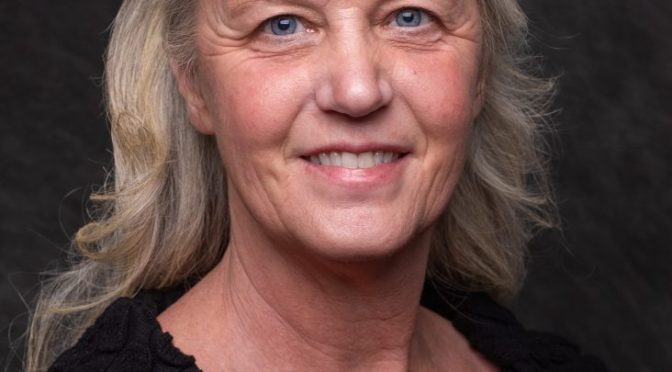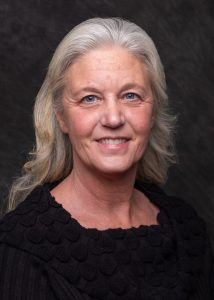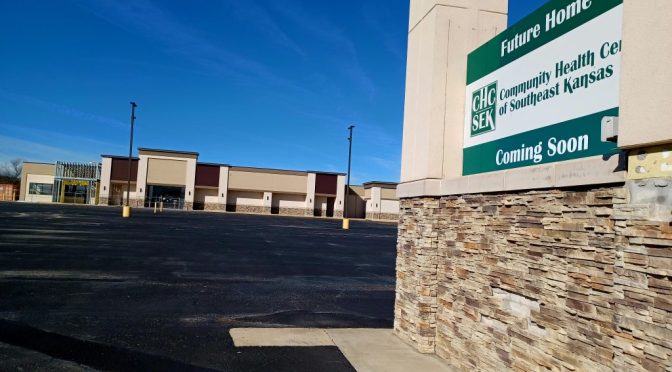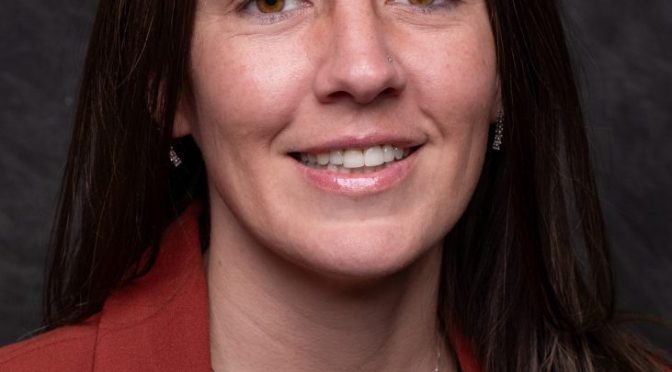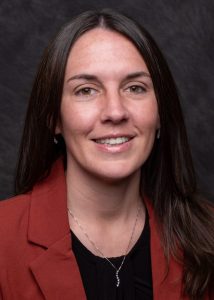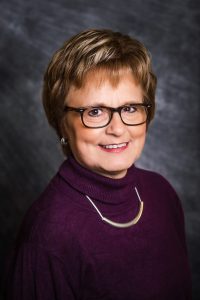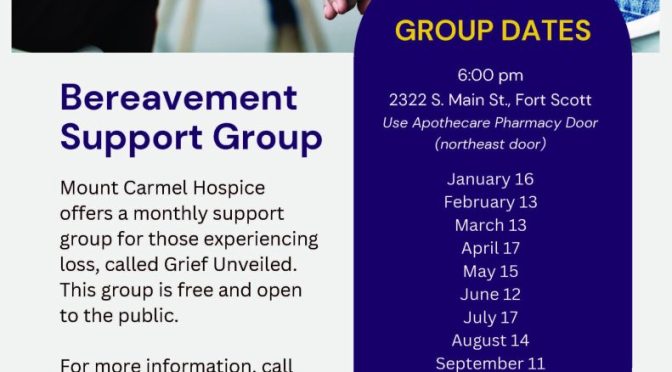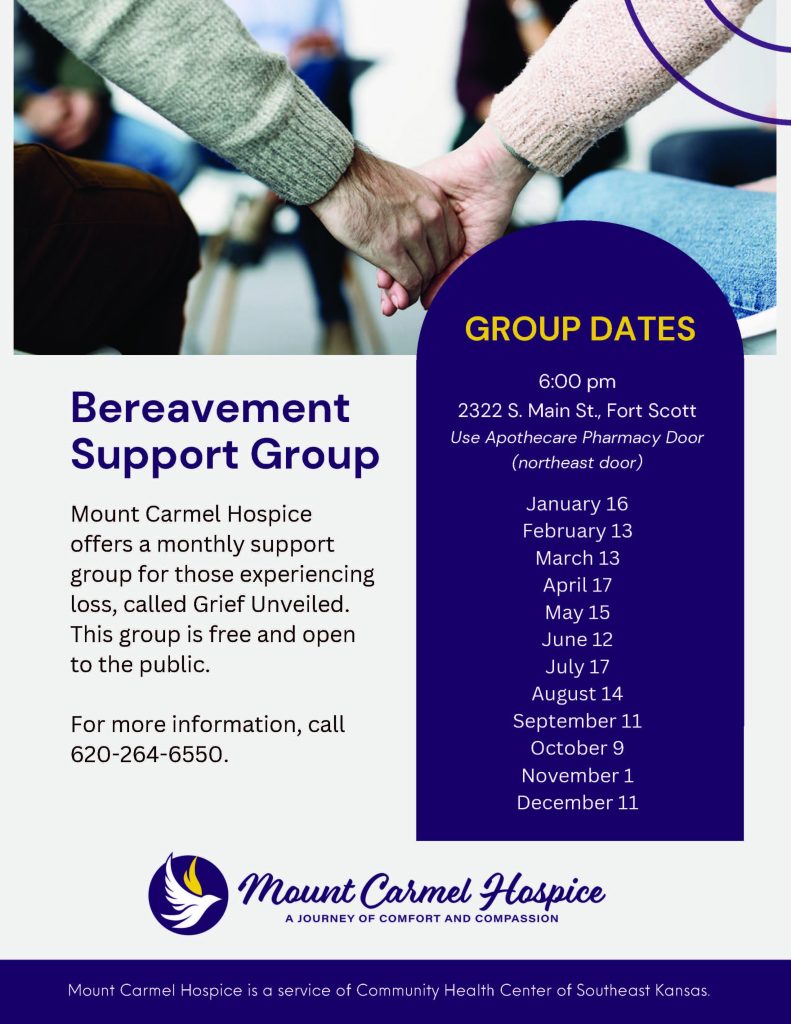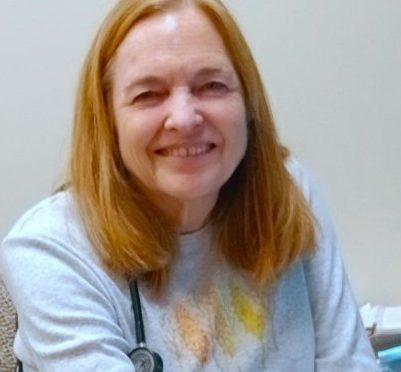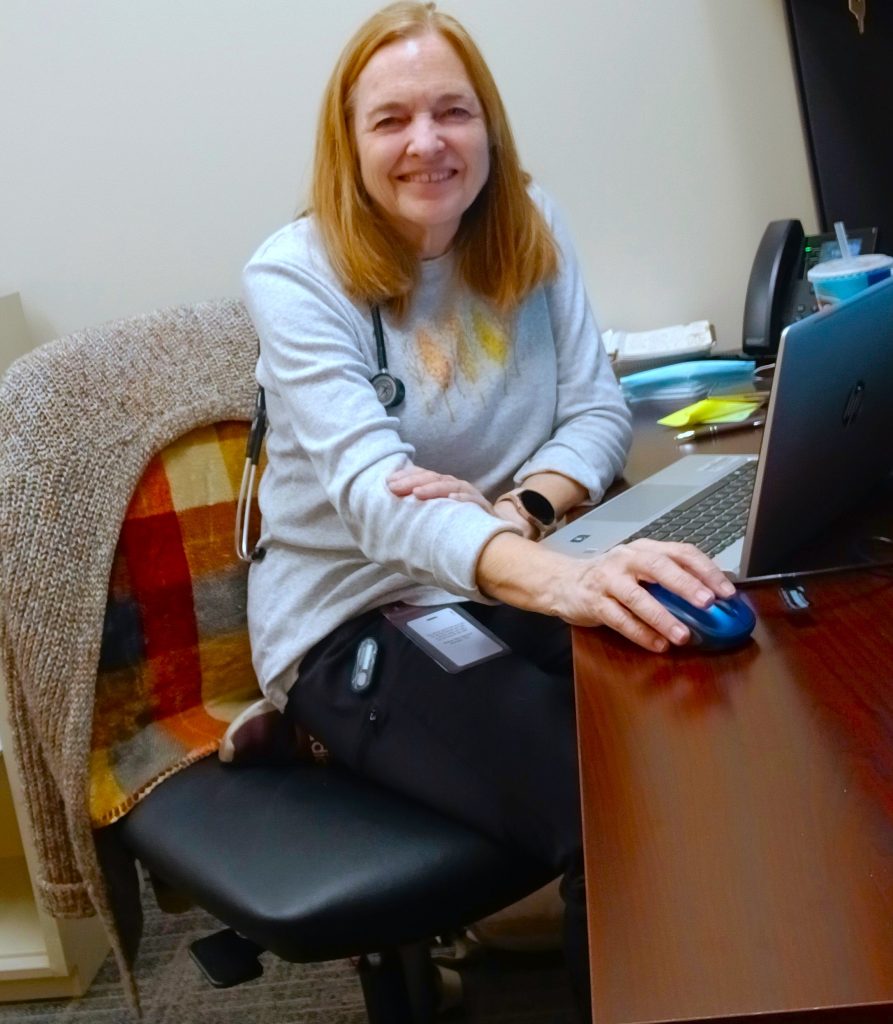CFSEK Grantee Story Series:
Inspire Health Foundation, Building the Next Generation of Healthcare in southeast Kansas
The Community Foundation of Southeast Kansas (CFSEK) is excited to continue our series of articles highlighting the great work done by some of our grantees in Southeast Kansas communities. Our next grantee to highlight is the Inspire Health Foundation, a recipient of the inaugural 2025 Mount Carmel Foundation Legacy grants for their Pre-K to Professional, Inspiring Health project.
To combat the declining number of area healthcare professionals in Southeast Kansas, one organization is working to encourage area youth to pursue a career in healthcare: the Inspire Health Foundation, a subsidiary of the Community Health Center of Southeast Kansas. This involves providing educational programming for SEK youth from pre-K, all the way through high school seniors.
“Our goal is to teach our students about health and their futures,” said Leah Gagnon, Inspire Health Foundation Director. “If these students go on to pursue a career in healthcare, that’s a win! If they just leave with a greater understanding of how to care for themselves and how to access services, that’s a win too!”
The Pre-K to Professionals project that received grant funding from the Community Foundation of Southeast Kansas and the Mount Carmel Foundation Legacy grants helped cover tuition costs for students attending the Inspire Health camps in 2025 and 2026. These camps teach students about the human body, how to stay healthy, the importance of maintaining their health, and experience a potential career in healthcare.
“It’s about teaching skills these kids can carry with them for the rest of their lives,” Gagnon said. “We want to make that accessible to as many young people as possible!”
When asked about the impact of granting on a project like this, Gagnon said that she couldn’t express the importance of granting enough.
“Grants allow organizations to take that wish list of projects and make them a reality! When you want to make an impact in a community, you look to that community for support. Our goal is always to make our communities a great place to live, learn, play, and grow, so let’s work together to make it happen!”
Applications for the Mount Carmel Foundation Legacy grant cycle are accepted until February 28th at SoutheastKansas.org/Grant-App. This grant cycle is open to nonprofit healthcare providers in Southeast Kansas. More information about the fund is available at SoutheastKansas.org/MtCarmel. Any questions about completing your application should be directed to Kara Mishmash at SoutheastKansas.org/Contact/Kara.
The Community Foundation of Southeast Kansas awarded over $2.8 million in grants from all foundation funds in 2025 and has facilitated over $28 million in total granting to Southeast Kansas since its inception in 2001. CFSEK serves the region by providing donors with various charitable interests and encouraging charitable giving, which addresses present and future needs in our area. The Columbus Area, Fort Scott Area, and Girard Area Community Foundations are affiliates of CFSEK. More information about CFSEK is available at SoutheastKansa
